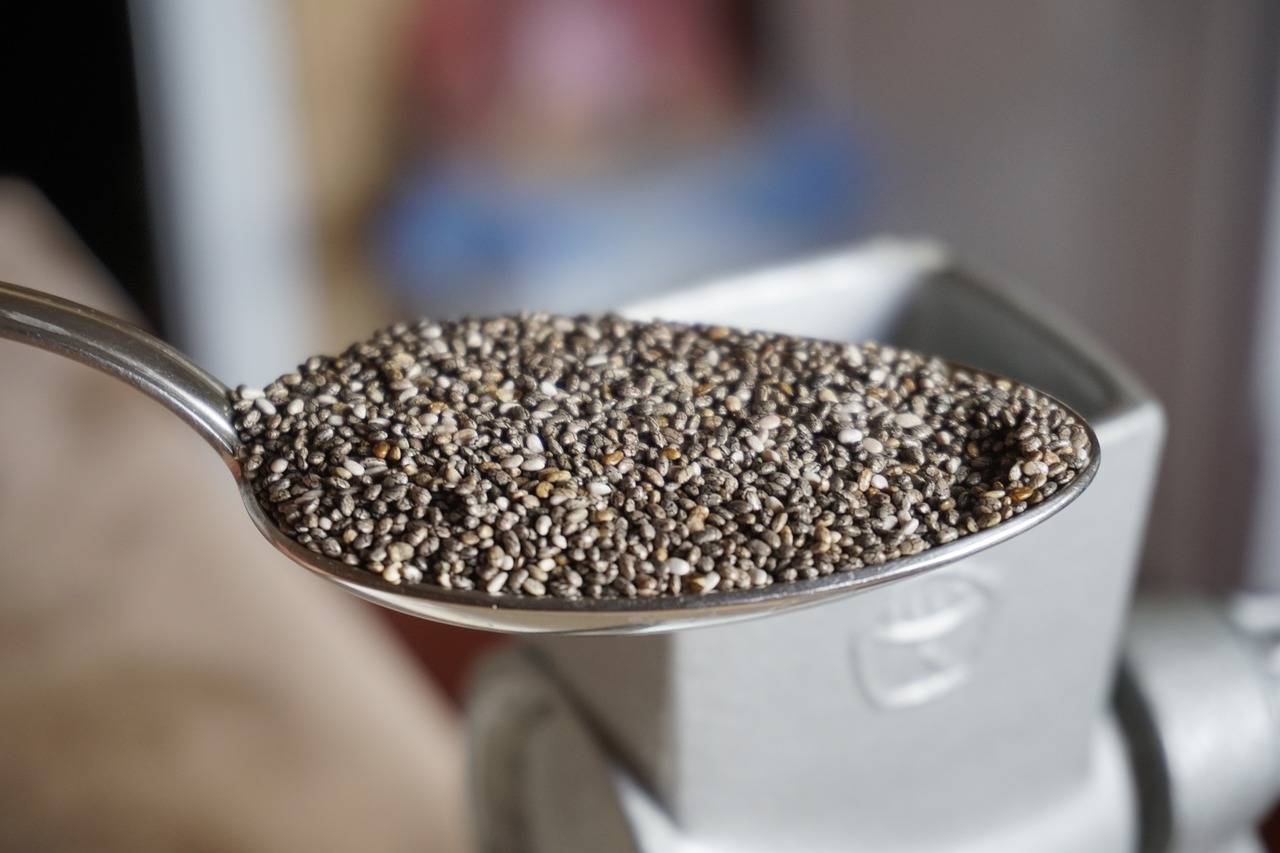The Impact of Overexertion on Physical Health
Overexertion can manifest itself in various signs and symptoms that may indicate the body’s limits have been exceeded. Some common indicators of overexertion include muscle fatigue, increased heart rate, and shortness of breath. When pushing the body too hard, individuals may also experience muscle soreness, joint pain, and overall weakness.
In addition to physical symptoms, overexertion can also affect one’s mental state. Feeling irritable, anxious, or unusually fatigued are all warning signs that the body may be overworked. It’s important to listen to these cues and give the body the rest and recovery it needs to prevent further strain and potential injury.
Effects of Overexertion on the Muscles
Overexertion can have detrimental effects on the muscles, leading to soreness, stiffness, and decreased muscle performance. When the muscles are pushed beyond their limits, they can become inflamed and strained, resulting in discomfort and reduced range of motion. In severe cases, overexertion can even lead to muscle tears or other more serious injuries that may require medical attention.
Additionally, overexertion can cause an imbalance in muscle strength and flexibility, which can further increase the risk of injury during physical activity. Muscles that are overworked and fatigued may not be able to properly support the body and joints, making individuals more susceptible to strains, sprains, and other musculoskeletal issues. It is important to listen to your body and avoid pushing yourself too hard to prevent the negative effects of overexertion on the muscles.
What are some signs and symptoms of overexertion?
Some signs and symptoms of overexertion include muscle fatigue, soreness, weakness, decreased performance, and increased risk of injury.
How does overexertion affect the muscles?
Overexertion can lead to muscle strain, tears, inflammation, and increased risk of muscle injuries. It can also result in decreased muscle strength and endurance.
What should I do if I suspect I have overexerted my muscles?
If you suspect you have overexerted your muscles, it is important to rest, apply ice to reduce inflammation, and consider seeking medical attention if the symptoms persist or worsen.
How can I prevent overexertion of my muscles?
To prevent overexertion of your muscles, it is important to warm up before exercise, gradually increase intensity and duration of workouts, stay hydrated, listen to your body, and incorporate rest days into your routine.





